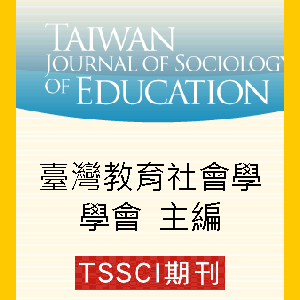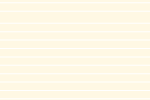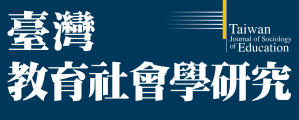| 篇名 | |
|---|---|
| 並列篇名 | Educational Elites vs. Traditional Elites: The Transformation of Taiwan Aboriginal Leadership Institution under the Colonial Education in Japanese Colonial Period |
| 作者 | 張耀宗 |
| 中文摘要 | 本文的主要目的在於觀察日治時期接受教育後的原住民菁英,在其部落中所引致的領導機制的改變。原住民社會原本有其傳統的領導功能,而在清領時期,接受過儒家教育的平埔族人,開始擔任起部落領導者的角色;而至日治時期,日本殖民教育開始普遍在原住民部落推展,也同樣地改變了原住民部落的領導機制。除了接受基本的初等教育外,日本政府刻意推動「蕃秀才」計畫,挑選優秀的原住民菁英接受更高一階的教育。這群接受過日本教育的原住民菁英,被日本政府組織成「青年團」,開始在部落推行日本人所施行的政策,導致頭目的某些領導角色與功能,逐漸被青年團的成員所取代。 |
| 英文摘要 | The main aim of this writing is to inquire that how the educational aboriginal elites change the leadership institution. There was a traditional leadership function in Taiwan aboriginal tribe. The Peng-Po people who accepted Confucius education (Chinese traditional official education) became to be tribal leaders in Ching dynasty period. In Japanese colonial period, the colonial education prevailed in aboriginal tribes and changed the leadership institution. Besides setting up the primary education, Japanese colonial government initiated the ‘aboriginal elites’ educational plan, and selected the excellent aboriginal elites to accept higher education. Japanese colonial government organized the aboriginal elites who accepted Japanese colonial education as ‘Young People Association’. The organization took charge of Japanese colonial policy in aboriginal tribes, and replaced some roles and functions of traditional chief. The members of ‘Young People Association’ became gradually the tribal leaders. |
| 起訖頁 | 1-27 |
| 關鍵詞 | 教育菁英、傳統菁英、日治時期、原住民教育、Educational elites、Traditional elites、Japanese colonial period、Aboriginal education |
| 刊名 | 臺灣教育社會學研究 |
| 期數 | 200706 (7:1期) |
| 出版單位 | 臺灣教育社會學學會 |
| 該期刊-下一篇 | 學校與非學校因素對臺東縣原、漢國小學生學業成就的影響 |








